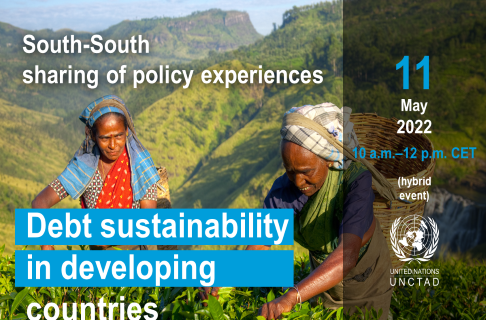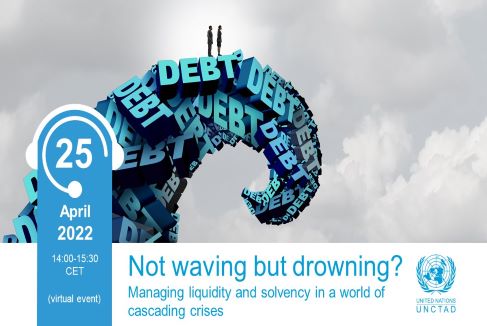


In this paper, we summarize the findings of the Freie Universität Berlin / Boston University / UNCTAD Global Financial Safety Net (GFSN) tracker on crisis finance since the onset of the COVID-19 pandemic. The GFSN is commonly known as the set of institutions on the global, regional and bilateral level that provide balance of payments finance to countries in temporary financial distress. We show that, when grouping the countries in different income classes, provision of liquidity is highly unequal.

The COVID-19 shock was a major factor behind a contraction of the Kenyan economy of 0.3 per cent in 2020, after the robust growth rates of 5 and 6 per cent in the two years before the pandemic. The fall in activity was, however, much milder than in many countries of the African continent, whose growth decelerated by 2 per cent, on average. This is the result of Kenya’s relatively more diversified and resilient economy.
This paper uses UNCTAD’s Global Policy Model (GPM) to project the economic prospects for 34 Developed and Developing Economies from 2022 to 2030. Fifteen Developing Countries have been added to the Model’s database for this exercise.
This paper provides a critical assessment of macroprudential policies at the theoretical and practical levels focussing on the case of developing economies, including Africa, Asia and particularly Latin America and the Caribbean. It argues that macroprudential regulation remains an elusive concept and is of limited applicability.

Climate change has deepened the vulnerability of multiple groups of the population, particularly the poor. The development challenge for low-income countries would be to reduce vulnerabilities – some of which are climate-related. In many instances, the pre-existing vulnerabilities have been aggravated by climate variation.